$17.63
Contribute to the improvement of the throat and upper respiratory tract. The essential oils that make up Aroma Evalar throat pills help relieve irritation in the throat, ease breathing, and strengthen the immune system.
The essential oils that make up Aroma Evalar throat pills help relieve irritation in the throat, ease breathing, and strengthen the immune system.
Clove essential oil is obtained from the flowers of the clove tree (Caryophyllus aromaticus L.). The oil contains 70-85% eugenol, acetyl-eugenol (about 3%) and karyofillen – a mixture of bicyclic sesquiterpenes.
Clove oil has an antibacterial, antiviral effect. Increases non-specific protective factors, has an immunomodulatory effect, is used as an antiseptic.
Lavender essential oil (Lavandula officinalis Chaix). The raw materials are freshly picked flowering shoots, from which up to 2% of the essential oil is obtained by steam distillation. The main component of the oil are linalool esters (acetic, valeric, etc.), as well as free linalool. Among the related substances are geraniol, citral, borneol, pinene, phellandrene.
Lavender has a pronounced anti-inflammatory activity. Aromatherapy with the use of lavender for prophylactic purposes helps to reduce the incidence of acute respiratory diseases (ARD) and influenza in preschool children’s groups, schools, in production mainly due to the reduction of microbial and viral contamination of indoor air, increasing the nonspecific resistance of the organism and its immunological reactivity.
Lavender oil is widely used in the alcoholic beverage industry for flavoring wines and other products, as well as for the preparation of salads and various dishes and drinks.
Lemon essential oil (Citrus limon L.) contains about 95% of terpenes, mainly limonene, about 3% citral, 1% geranyl acetate and some citronellol.
Lemon oil has a bactericidal, virucidal, antioxidant effect. Used for the prevention of acute respiratory infections and flu.
Peppermint Essential Oil (Mentha piperita L.). The main component of the essential oil is L-menthol (50-80%), which is used for inhalation for asthma, chronic bronchitis.
Peppermint oil is part of many complex preparations as a refreshing and antiseptic.
Peppermint oil causes a pleasant chill in the mouth and refreshes breath. A positive effect on the bronchopulmonary system, used in compositions with other oils in the prevention of acute respiratory infections and influenza.
Dried leaves of the plant are used as spices. Mint oil is used in the food and confectionery industry.
Rosemary essential oil (Rosmarinus officinalis L.). The oil is obtained from fresh leaves by steam distillation. It contains α-pinene (30%), camphene (20%), borneol (10%), cyneol (10%), bornyl acetate (up to 7%), various esters and sesquiterpenes.
Rosemary essential oil exhibits pronounced antimicrobial properties, high antioxidant activity. Rosemary preparations are also indicated for diseases of the respiratory system, chronic bronchitis, and bronchial asthma.
Thymus vulgaris essential oil (Thymus vulgaris L.) contains up to 40% thymol, carvacrol, n-cymol, monoterpenoids, sesquiterpene karyophillen.
Essential oil has an antimicrobial effect. Liquid thyme herb extract is used for diseases of the upper respiratory tract.
Thyme leaves are used as a spice in the food industry.
Sage Essential Oil (Salvia officinalis L.). The main component of the essential oil is tuyol (salviol) – 30-40%, a lot of cineol (about 15%) and borneol (8-14%) are contained, α-pinene and other terpenes are also present.
Sage essential oil has antifungal activity. When the respiratory organs are inflamed, inhalation of the essential oil works well.
Fresh and dried leaves are consumed as a seasoning for salads, vegetables, fish dishes, as well as in the preparation of canned food, sausages, cheeses and wine.
Eucalyptus globulus essential oil (Eucalyptus globulus Labill.). The main component of the oil is cineole (not less than 60%). In addition to cyneol, pinene, myrtenol, pinocarvone, globulon were found, as well as aliphatic aldehydes – isovaleric, nylon, caprylic.
Eucalyptus essential oil is widely used for inhalation in diseases of the upper respiratory tract, purulent bronchitis, abscesses of the lungs. In a mixture with other essential oils, it effectively acts against colds and rheumatic pains. Essential oil can be applied orally as an expectorant and antimicrobial agent for diseases of the upper respiratory tract.
Vitamin C (ascorbic acid) plays a significant role in maintaining the body’s natural and acquired resistance to infectious diseases. Outbreaks of common colds and infections, such as influenza, to a certain extent coincide with seasonal deficiencies in foods rich in vitamins C, A and riboflavin, as well as a decrease in the content of these vitamins in long-term storage products. Additional intake of vitamins, mainly ascorbic acid, increases the body’s resistance to infections and colds.
Composition:
sorbitol (sweetener), gum arabic (carrier), rice starch (filler), amorphous silica (anti-caking agent), ascorbic acid (vitamin C), calcium stearate (anti-caking agent), eucalyptus essential oils, sage, peppermint, lemon, thyme, rosemary, clove, lavender, menthol, sucralose (sweetener).
Recommendations for use:
Adults dissolve 1 tablet 5 times a day. Reception duration – not less than 7 days.
Contraindications:
Individual intolerance to the components, pregnancy, breastfeeding. Before use, it is recommended to consult a doctor.
Shelf life:
2 years
Storage conditions:
Keep out of reach of children, at a temperature not higher than 25 °С
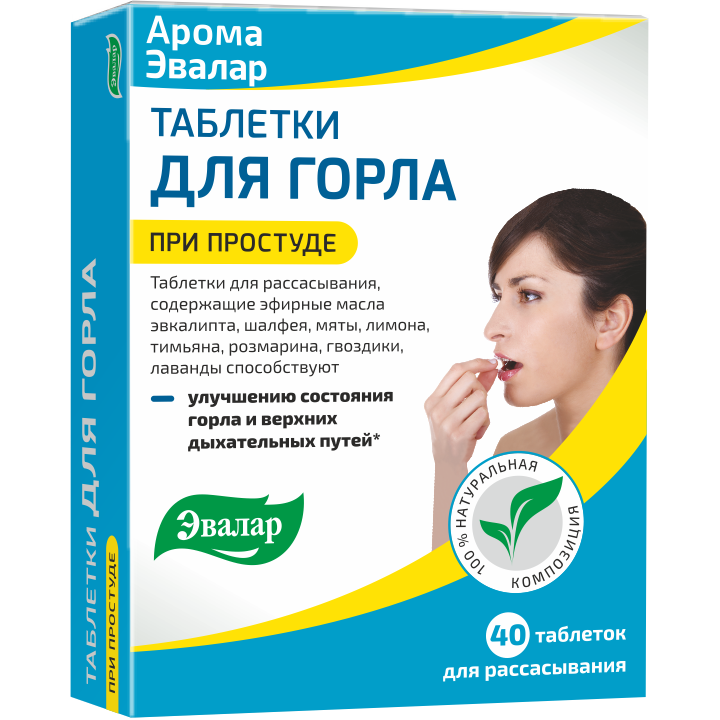
| Weight | 0.1 kg |
|---|
Be the first to review “Aroma Evalar – natural throat lozenges for colds, 40 tablets” Cancel reply
Related products
Cold remedies


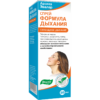
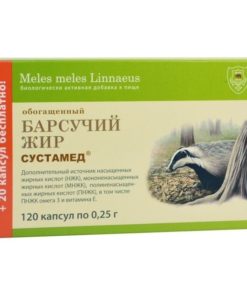

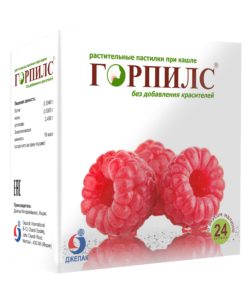
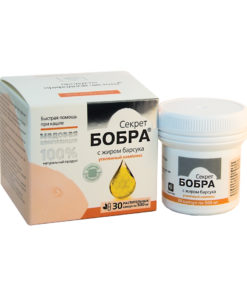
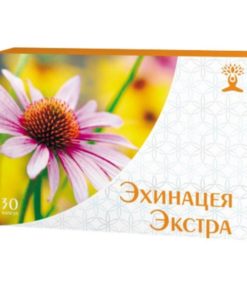
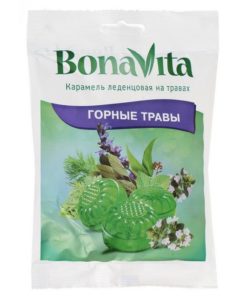

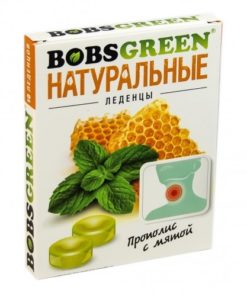
Reviews
There are no reviews yet.